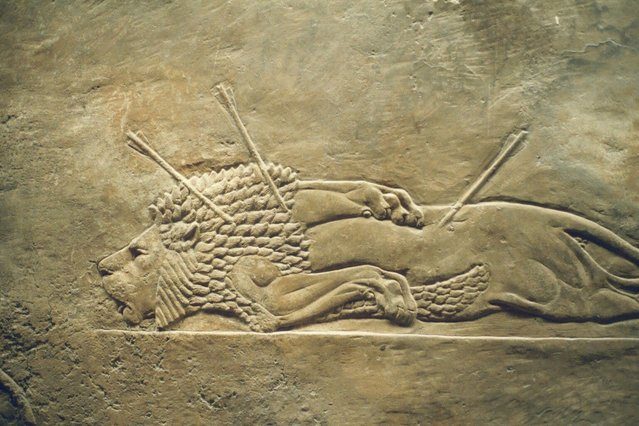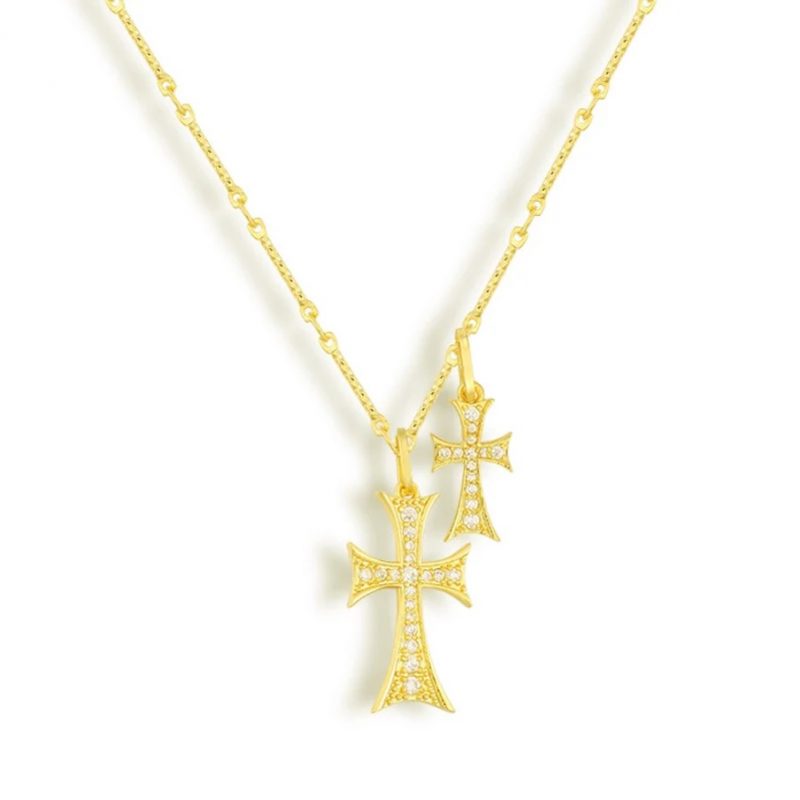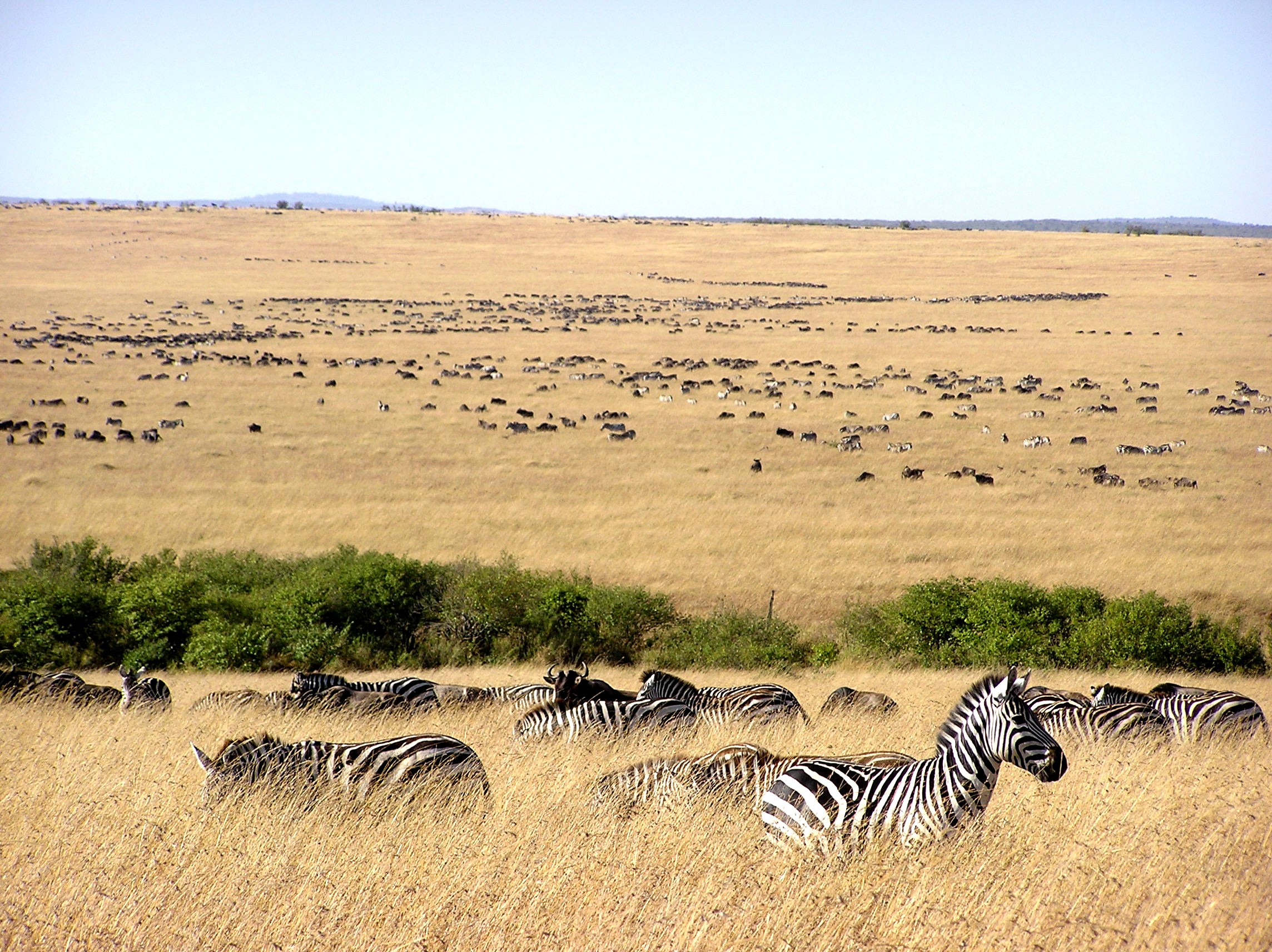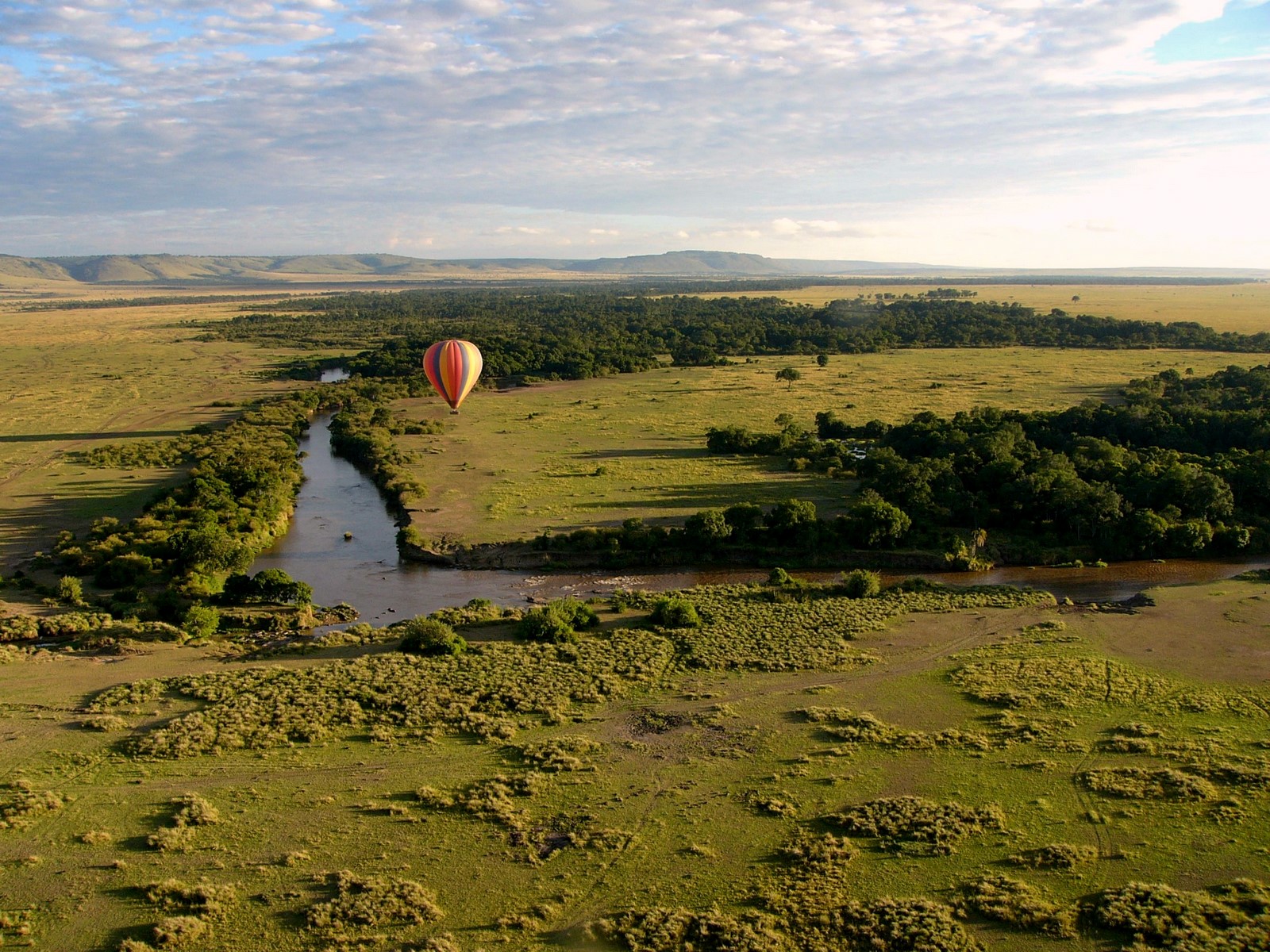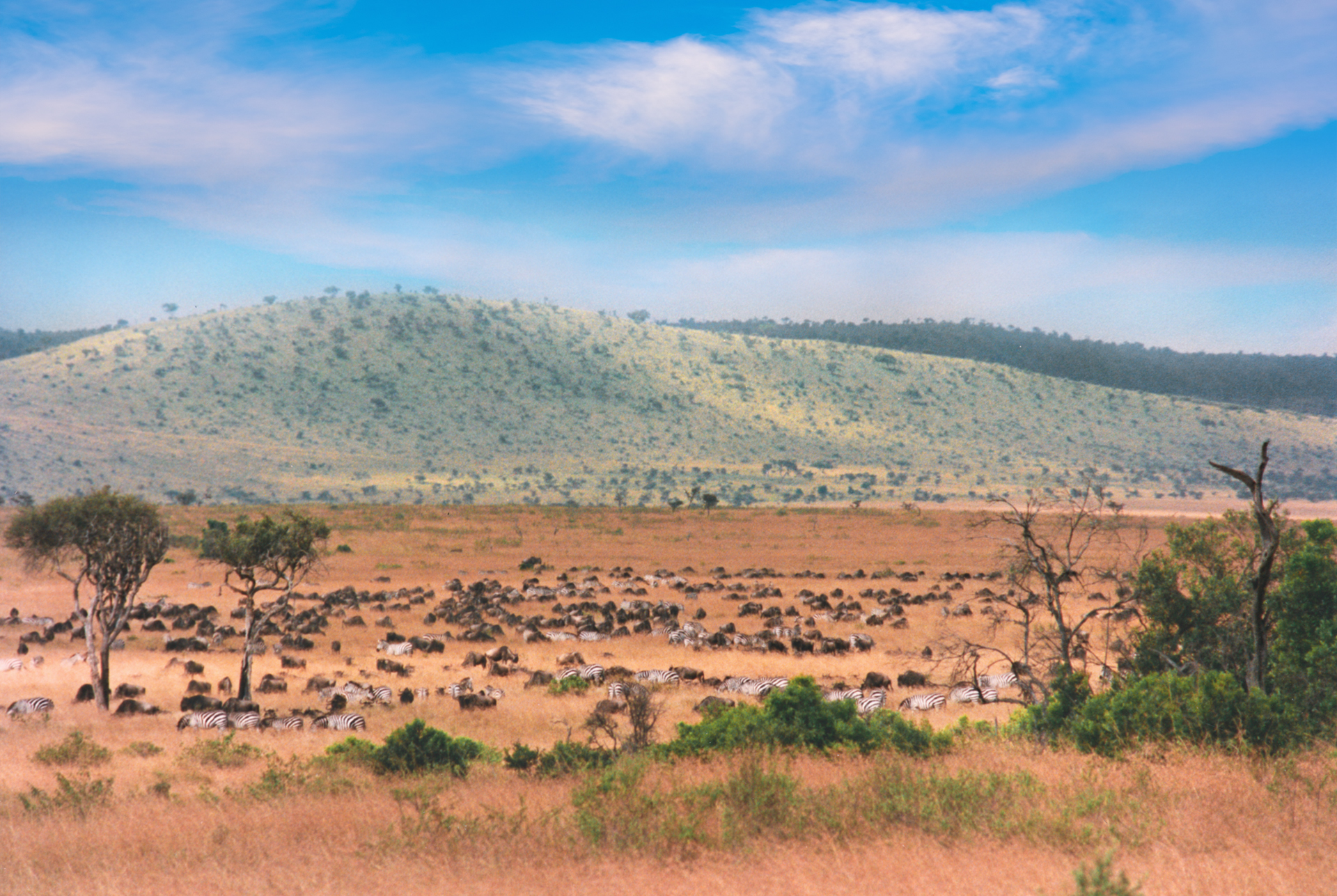African Lions Decreasing Due To Maasai Culture
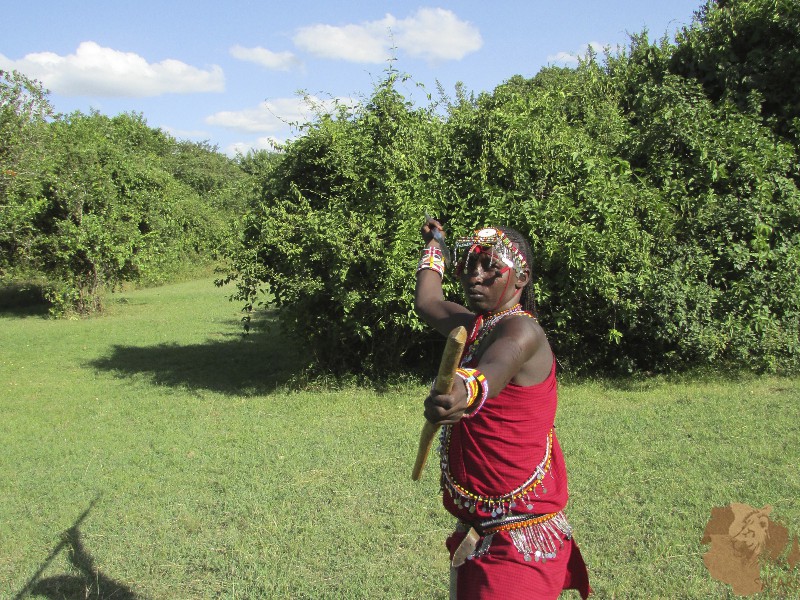
African Lions Decreasing Due To Maasai Culture
Lion hunting
The IUCN categorizes lion as vulnerable as their numbers are decreasing. Although lions occur within the borders of the protected areas, they also move beyond park borders looking for prey. Once outside protected areas these animals inflict great damage through human casualties and livestock depredation.
Human-lion conflict
Although lions are not the most harmful animals, they are a visible threat and people feared them the most of all predators. Thereby Maasai kill lions disproportionately. rThus, a high rate of lion deaths occurs due to deliberate killings by people who perceive these predators as a threat to livestock and crops. In Kenya, the authorities have banned all hunting. However, lion killing is legal if done in defense of property, life, or livestock. Usually, Maasai hunt lions without following proper procedures outlined in the law and the authorities seem to be tolerating this. In practice, the penalty for lion hunting is rare because of group hunting effort, which makes responsible individuals hard to isolate.
Functions of hunting
Lion hunting fulfills several functions for Maasai, including to select courageous leaders, to emphasize the warrior’s protective role, to earn prestige, to prevent lions from becoming acclimatized, and to get rid of preying lions. Also, Maasai hunt lions so that young boys obtain prestige and win the attention of girls. Besides proving that they are capable of all of these, a Maasai warrior has to maintain a safe place for the community by protecting them from predators as well as from raiding groups and drought.
Age-set
Maasai social system still uses the age of a person as the base. A new group starts around every 15 years. Maasai boys thus initiated become members of a system for life. They proceed together as a group to become senior warriors. Historically the warrior status lasts for 20 years.
Ritual killing
Maasai warriors organise lion hunting during emergencies or when the lions attack the livestock. Their wives, elders, mothers, and girlfriends monitor the act. The warriors call out to each other using a kudu horn. They then track, surround and attack the lion with spears. A celebration follows every successful hunt, when the whole community praises the warriors for their bravery. However, they praise the age-set more than the individual for the kill. The front paws and the tail of the lion are carried on the tips of their spears as trophies during the celebration. It is celebrated at 8 bomas in the case of lioness or 9 bomas otherwise.
Belief system
Maasai considers hunting social learning for both warriors and lions about the perilous character of each other. They believe that hunting keeps lions from attacking livestock and eventually does help avoid such behavior. However, lion hunting practices fluctuate with social transitions and conservation policies.
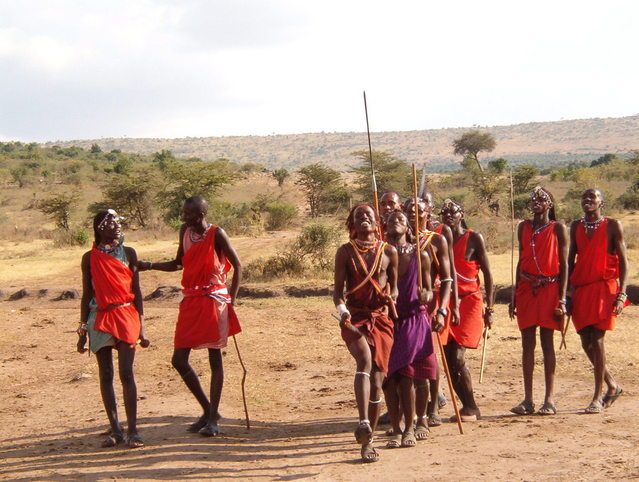
African Lions Decreasing
1) Social transitions
Maasai women and elders often try to discourage the warriors from killing too many lions during a hunt because it is considered a sin. In Kenya, lion hunting may now lead to arrest. Also, for some warriors, lion hunting does not suit their changing lifestyles. With lion hunting illegal, people have started killing lions using guns or poison, which is considered cowardly. Hence, this happens only in secret. Hunting of lions to earn status is also dwindling.
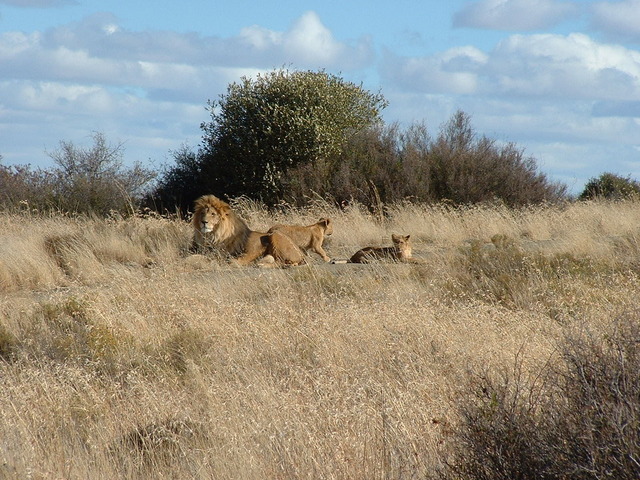
African Lions Decreasing
2) Conservation policies
Restrictions on lion hunting are directly linked to the conservation sector. Researchers claim that Maasai hunting is threatening the lion population to the point of extinction. Intending to protect these beasts, there have been some conservation projects developed outside protected areas. Such projects often include proposals to improve predator tolerance as well as social science analyses on how people and lions interact. Maasai are often the target of conservation interventions because the areas they inhabit have some of the largest lion concentrations. Therefore, conservationists often stress the need to better understand Maasai hunting as part of the conservation of the species.
Participatory strategies
The success of lion conservation efforts is linked to the level of Maasai’s control over decisions related to conservation processes that affect their livelihoods. For this reason, participatory conservation interventions that promote full engagement with the processes can be successful in persuading Maasai to moderate or change such behaviors. However, lion conservation schemes do not address such dynamics. Instead, they assume that they need to educate Maasai on lion conservation strategies. Yet Maasai need lions due to their special role in identity and culture.
Collaboration
Conservation interventions could start by working collaboratively to better understand lion hunting practices. Conservationists can only curtail hunting by giving due respect to Maasai’s socio-economic and cultural needs while also protecting lions. Research also suggests that a participatory approach to conservation interventions is the best way to protect the future of lion populations and reduce conflict.
Political hunting
Despite playing a major role in the tourism industry, and sometimes receiving financial benefits, most conservationists exclude the Maasai communities from decision-making processes. Such unfair conservation polices severely affect Maasais. Hence, Maasai kill lions as a political protest as well. This political aspect of hunting by Maasai is often absent from recent conservation reports.
References
Goldman, M., De Pinho, J., & Perry, J. (2013). Beyond ritual and economics: Maasai lion hunting and conservation politics. Oryx, 47(4), 490-500. doi:10.1017/S0030605312000907
For a custom-made safari, please fill out the following form or simply email us on safaris@safari-center.com

